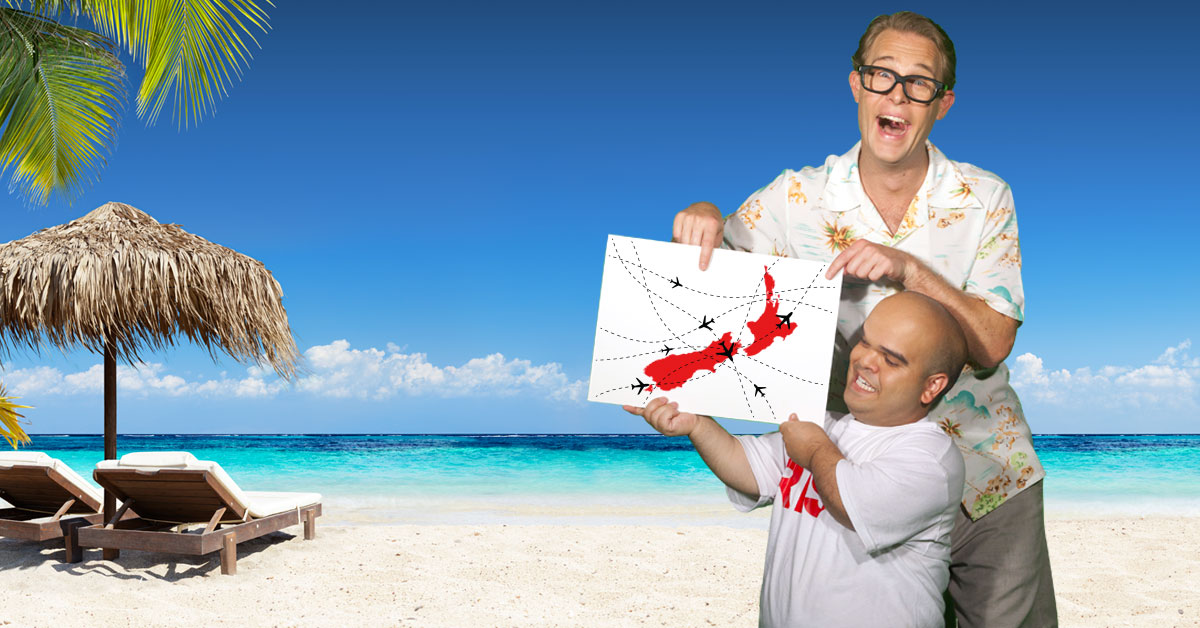Sometimes holidays don't go to plan, so it is important to understand what is required of you should you need to make a travel insurance claim. Travel insurance providers will have slight variations to their procedures, but typically, insurance providers will offer 24 hour medical assistance in the event of an emergency and allow general claims to be submitted whilst overseas or upon return to New Zealand.
Here's our checklist to minimise the risk of a claim being rejected.
Understand Your Cover
Familiarise yourself with your travel insurance policy, prior to your departure. Understand what is covered and what is not covered, paying particular attention to exclusions and how to make a claim should the need arise.
Disclose Pre-Existing Medical Conditions
When taking out a policy, it is important to be honest with your insurer. In the event of a medical emergency, a hospitalisation claim could be rejected if pre-existing medical conditions were not declared.
Keep Emergency Contact Details And Documents
All insurers have telephone numbers to call in an emergency. It is a good idea to keep this number on hand along with your policy details.
Report Incident As Soon As Possible
It is vital that you report any loss, theft or damage to the local police, transport provider or the relevant authority as soon as possible. Claims may be rejected if this step is not adhered to within a given timeframe.
Contact Your Insurer
Inform your insurer that a claim is coming as soon as possible. In the unlucky event that medical treatment is needed, most insurers have limits on the value of procedures covered without prior authorisation.
Be Prepared
When making a claim, whether it be online or by mail, make sure you provide all the relevant information. Clearly state, who you are, your policy number and what you are claiming for.
Take copies of any original documents you send. Whether it is receipts for expenses, a police report, or your actual claim form, documents lost in transit can hinder settlement of a claim.
Keep Evidence
Like most insurance claims, evidence of a situation or proof of ownership is invaluable. If you are travelling for any length of time, give some thought as to what valuable items you are taking with you and how you could validate possession should the item get lost, damaged or stolen. If you don't have receipts or credit card statements to verify possession, it is good idea to write down serial numbers and take time-stamped photographs of high risk items such as cameras, laptops and electronic devices.
For medical or dental expenses, insurers will need written confirmation of your illness or injury from a qualified member of the medical or dental profession.
For cancellation or rescheduling expenses, they will need original receipts, tickets or a letter from the travel agent showing any charges to re-arrange or cancel your journey, or a doctor's certificate or letter from the carrier.
other you might like articles

Travel Insurance And Missed Flights
There could be a myriad of reasons for missing your plane but travel insurance will only cover you for certain events. Get to grips with where you are and aren't covered here.

Elective Surgery Overseas - When Are You Covered?
Are you going overseas for elective surgery? Does travel insurance cover your cosmetic procedure? We've got the answers!

Travel Insurance Guide
You may be tempted to forgo cover, thinking it won’t happen to you, but in the real world, accidents do happen and can happen to anyone!







